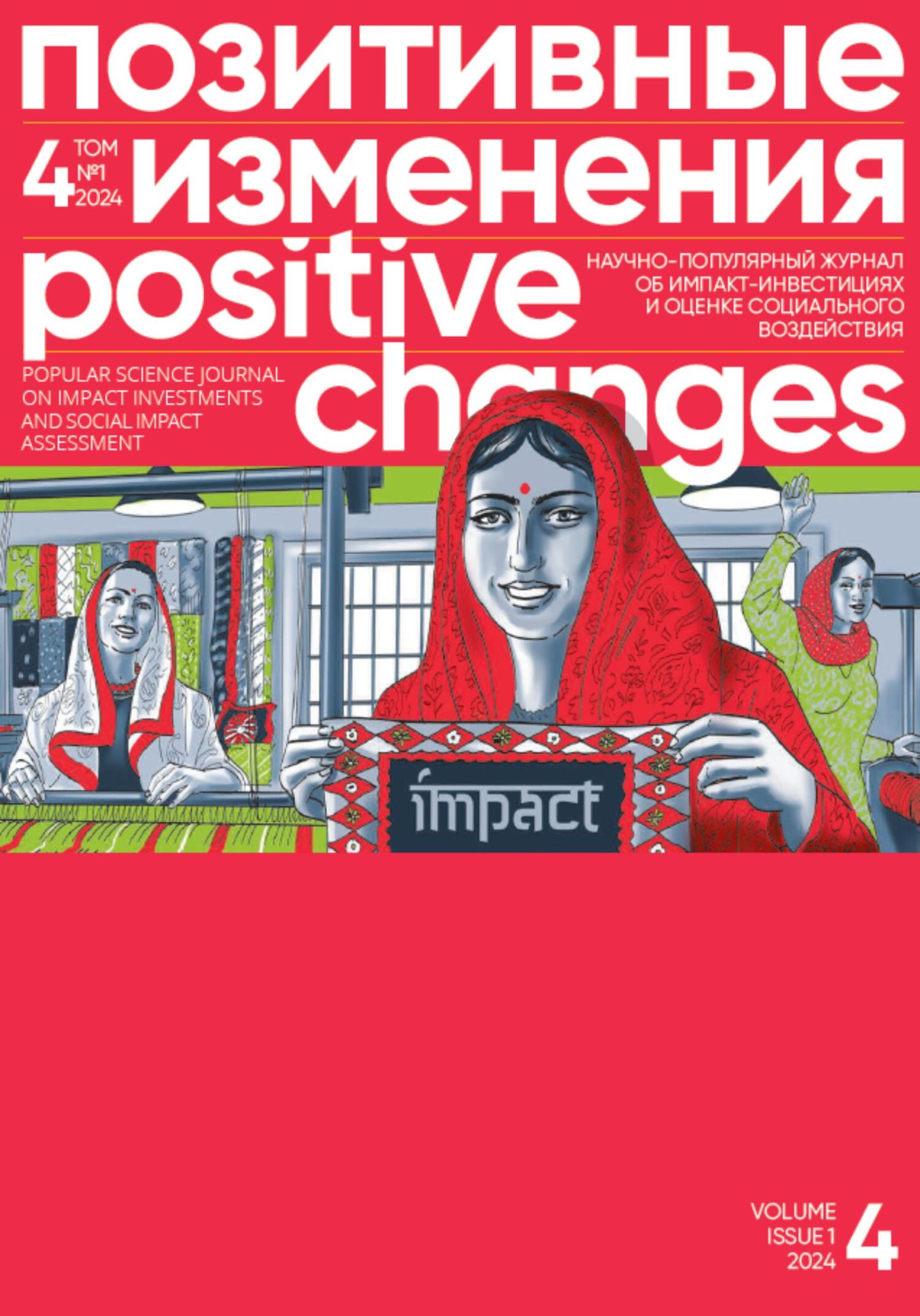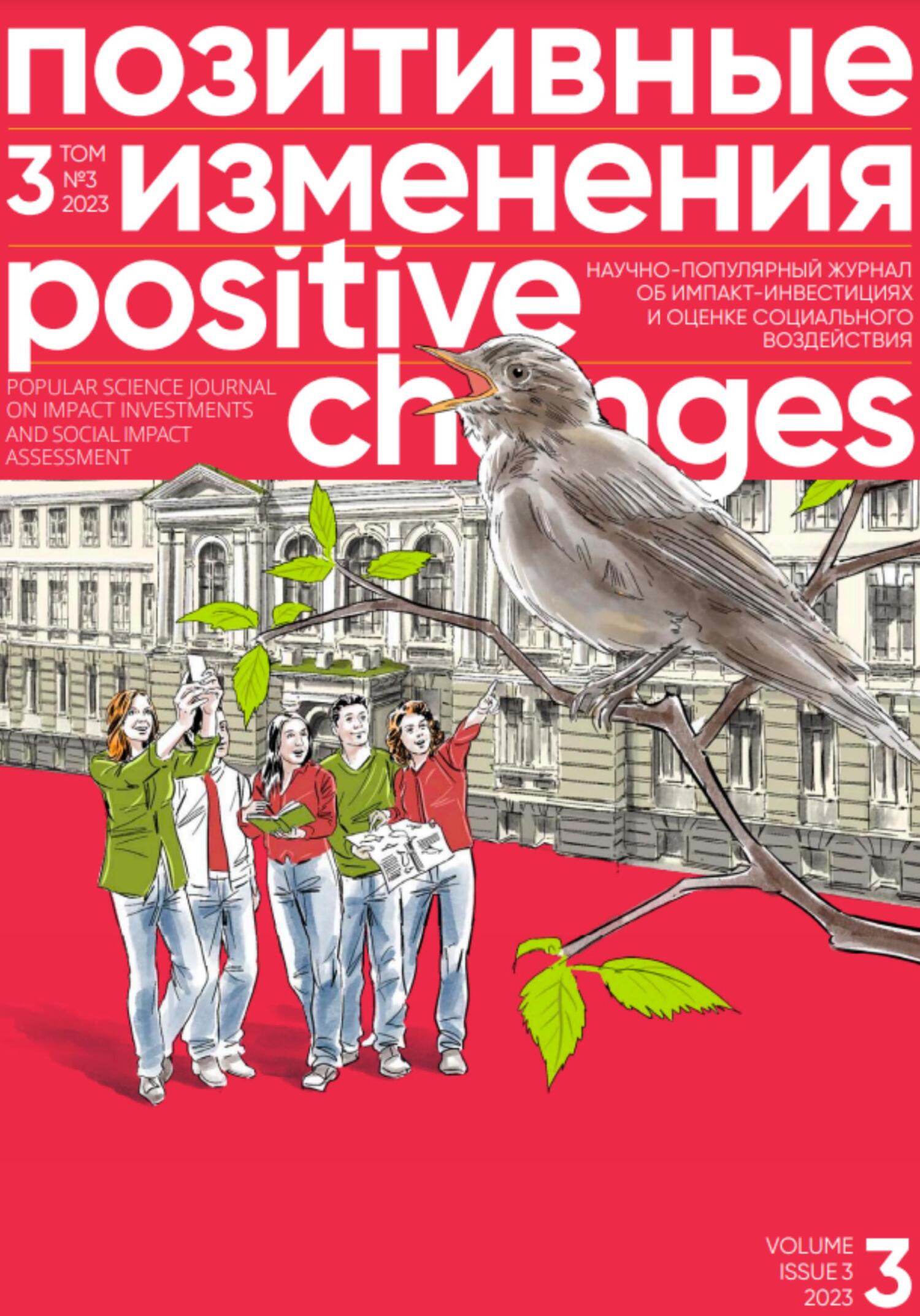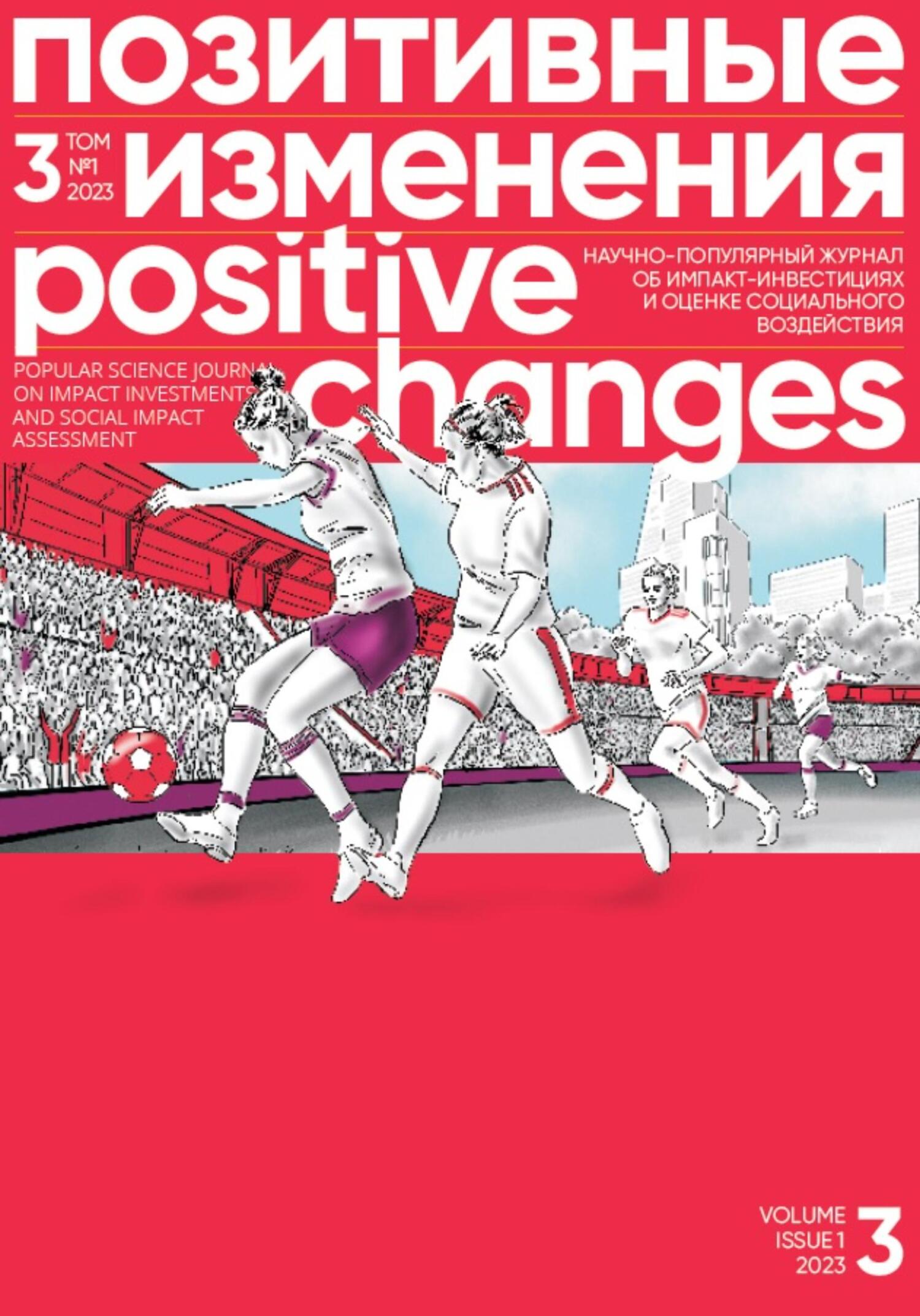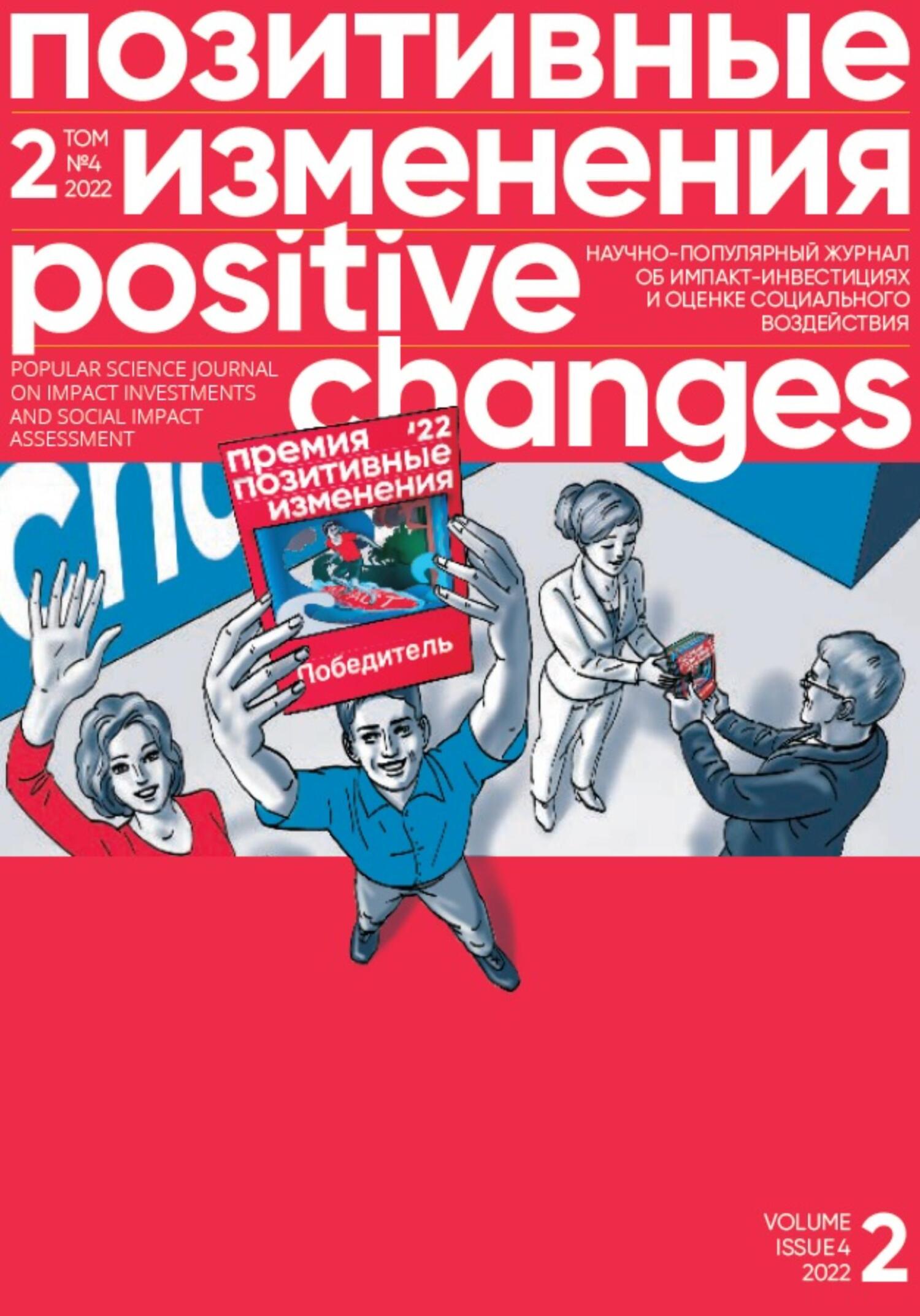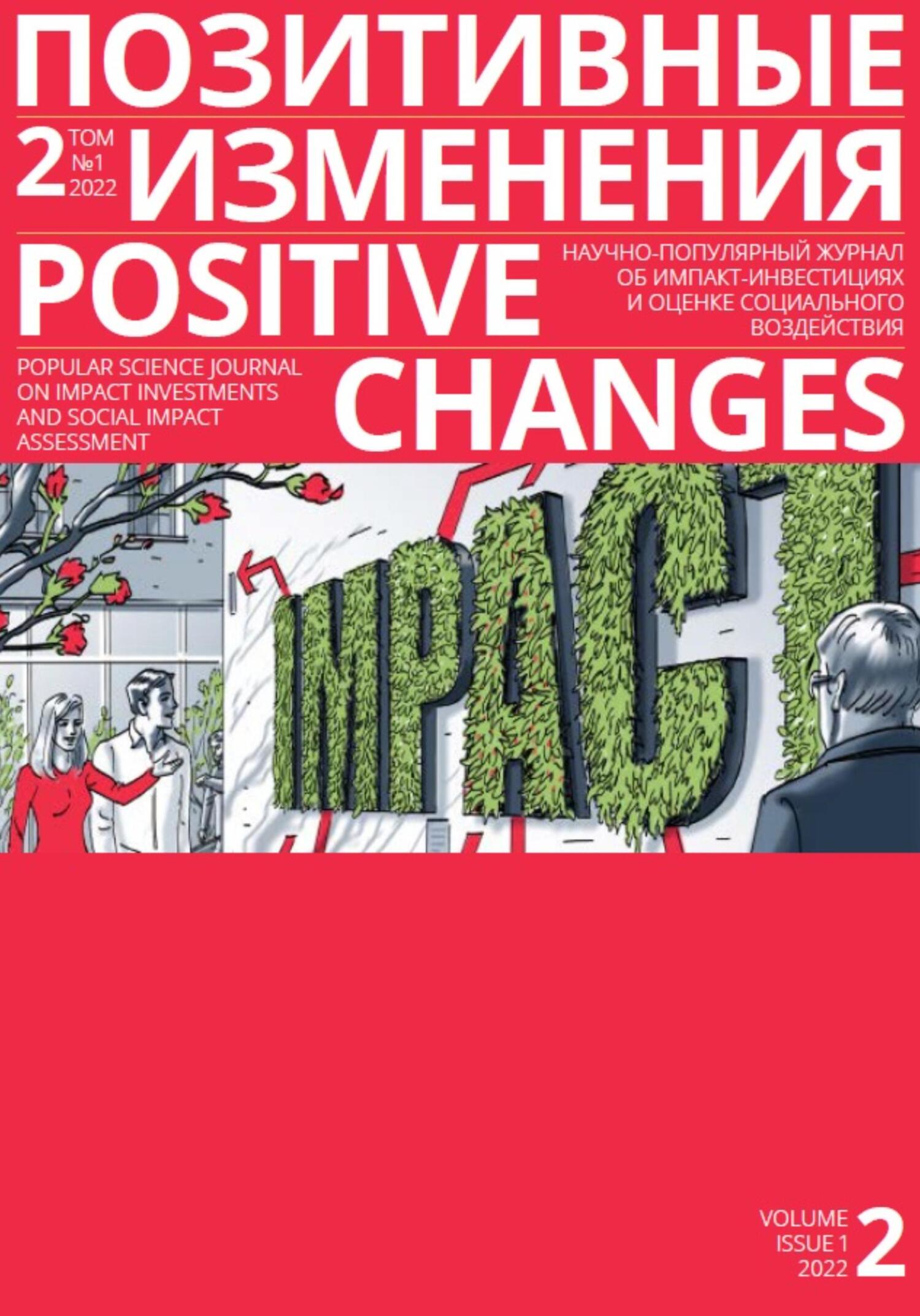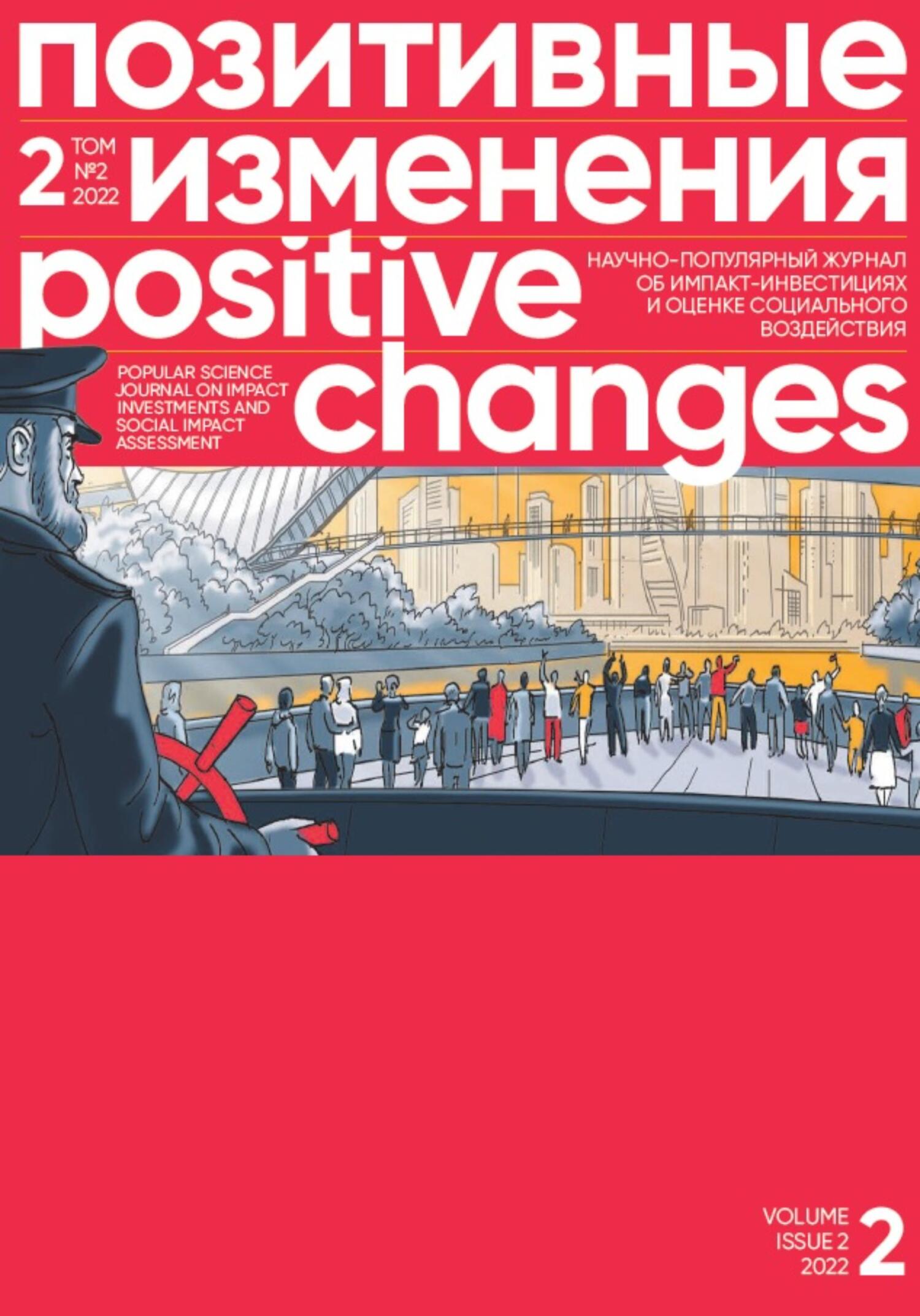PROBLEM ADDRESSED
“Different Grains” is a warm cafe in the heart of Moscow, where young people with ASD and mental health differences work as assistant chefs, baristas, servers, administrators, and delivery personnel. The cafe’s menu features dishes made with seasonal vegetables, gluten-free and sugar-free baked items, fruit teas, and Specialty coffee. It houses an inclusive culinary school, a club for adolescents, art lessons, theater performances, movie showings, exhibits, musical evenings, and friendly meetups for everyone.
According to expert estimates by the Naked Heart Foundation, at least 820,000 people of working age with ASD reside in Russia. Considering also other communication and social interaction disorders, this figure significantly exceeds one million. Along with family members and professionals in the field, potentially around two million individuals in Russia could benefit from supported employment programs in the future.
Many individuals with ASD are willing and able to work, which is vital for their mental and physical health, the well-being of their families; their employment can contribute significantly to businesses and society at large. Young people with unique needs require supported employment programs and services. In international practice, there is successful experience in developing such programs, while they are still rare in Russia.
For instance, Moscow is home to “Special Assembly,” a social enterprise offering product packaging services for small and medium businesses, the inclusive Everland project, which employs and trains people with disabilities in design, content, digital, consulting; and in the Moscow region, there is the DistingTec project aids people with ASD in finding IT employment. In St. Petersburg, the “Work-i” project assists orphanage graduates and young adults with disabilities to acquire sustained employment experience, along with “Simple Things” workshops and the inclusive “Cucumbers” Cafe.
Scaling such activities and mainstreaming supported employment require robust tools for social policy change, but all large-scale changes start with small steps, says social entrepreneur Yulia Volodina. In 2014, Yulia initiated the “School of Professions” project. At the School, inclusive sessions introduce children and teens to various professions and foster soft skills, engaging them in project-based camps, cooking workshops, hiking, travels, and excursions. However, career orientation sessions proved too slow in bringing these young individuals closer to actual employment.
In 2020, Yulia completed a supported employment course from the Naked Hearts Foundation, and two years later, she ventured into a new domain — public dining. On December 30, 2022, the Different Grains cafe was inaugurated, employing a supported employment model and providing job opportunities to individuals with mental and/or intellectual challenges.
“The employment of individuals with ASD and other mental disabilities is a complex issue. Some might wonder, with disability pensions available, why would they need to work? Yet, many young people are eager to work as it represents not just financial means, but a rhythm of life and opportunities for social interaction. Work imparts a sense of necessity and significance; those with autism are no exception — they too yearn to feel valued. On the other side, employers often harbor fears concerning individuals with mental disabilities. Seeking out supportive companies and entrepreneurs is an immense challenge. When an employer departs, falls ill, or if the business shuts down or encounters problems, the search for a new supportive employer begins anew. Thus, we decided to establish our own venture and navigate through the entire process of supported employment, aiming to later serve as a model platform for other initiatives,” explains Yulia Volodina.
METHODS USED TO ADDRESS THE PROBLEM
The cafe employs a supported employment model that includes mentorship by a curator and the presence of tutors on-site. Many individuals with mental disabilities need tailored working conditions: shorter workdays, specialist support, a cooperative team, and a sensory relaxation room.
A supported employment mentor collaborates with special staff to ensure they can effectively communicate and interact with guests and colleagues. Customized work schedules are also arranged for special staff with 6-hour shifts 2–4 times a week.
© Владислав Жерновой/VZGraphy
Each special employee has a tailored program outlining objectives to master professional skills within 3 months, such as cutting fruits and vegetables, baking cookies, brewing coffee, cleaning tables, and serving food to guests. The primary goal is to minimize mentoring so that the mentor or tutor can periodically check on the special employee’s well-being and make necessary adjustments.
Training cafe staff to interact with special individuals is another crucial aspect. Staff underwent a training course on mental disorders and developmental peculiarities led by Tatiana Yeskova, a specialist in supported employment.
Currently, the Different Grains Cafe employs 13 young adults with mental and/or intellectual disabilities. The project’s launch was supported by the Moscow Department of Labor and Social Protection as part of the “Moscow, a City of Kindness” competition. This enabled the organization of internships for special staff, providing them with essential foundational skills in the culinary, pizza making, serving, and barista professions. As of July 2023, all staff members are receiving salaries. Presently, all vacancies are filled, but a waiting list is available.
The Different Grains cafe’s concept draws the attention of visitors to each person’s uniqueness, and the interior design accentuates the individuality of each item. There are no two identical items in the institution. Plates, cups, cutlery — everything is unique.
“We take special pride in the cafe’s design, involving special artists from the OKOYOM workshop and participants from the “School of Professions” communication group,” says Yulia Volodina. Upon entry, visitors are welcomed by the “Meet and Greet” art bench, and the front door portal reveals how the artists have expressed their
